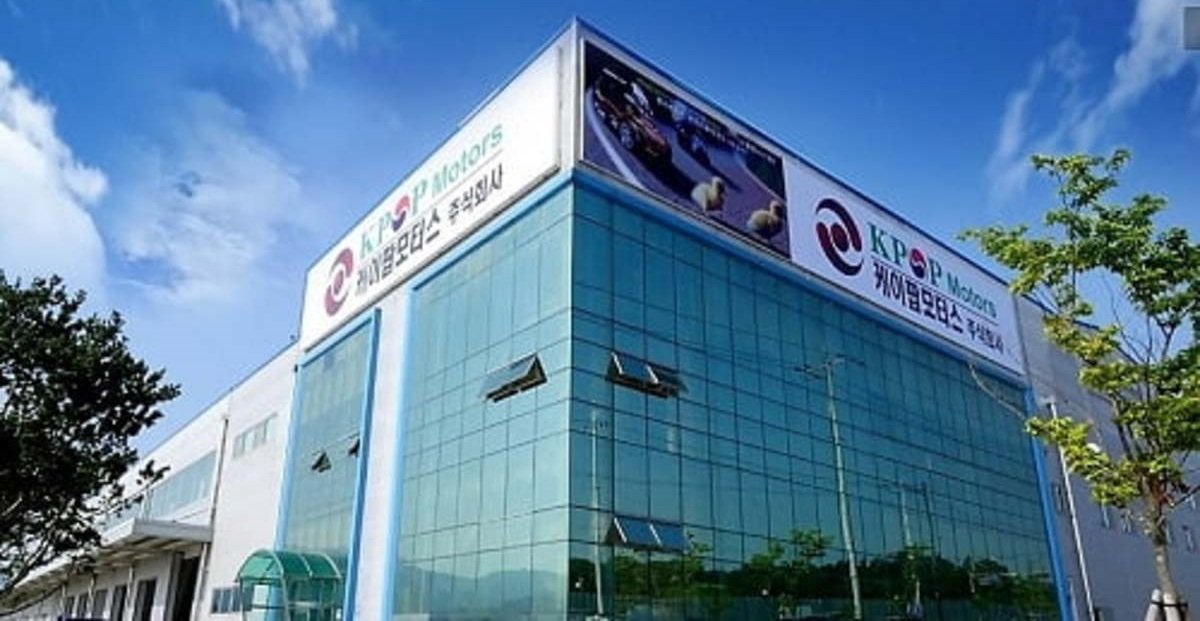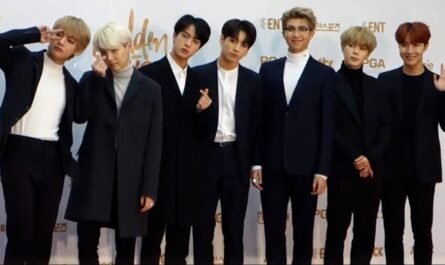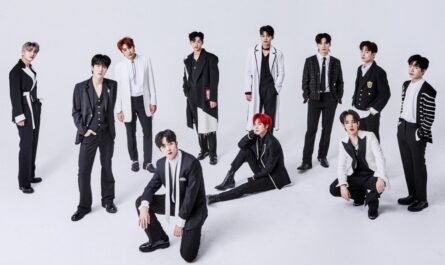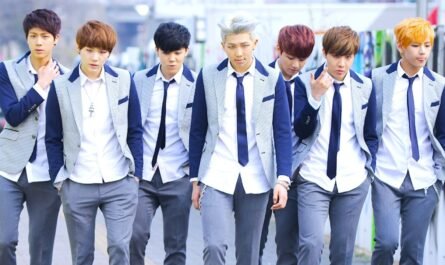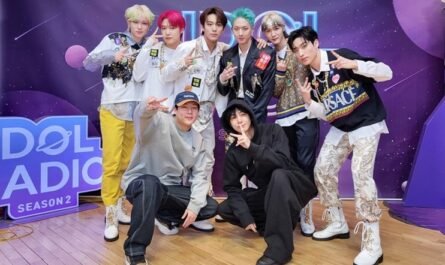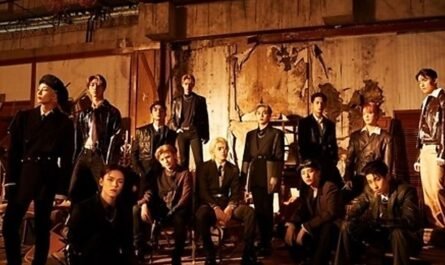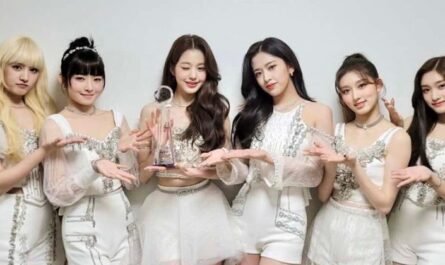On the 29th, K-Pop Motors (CEO Hwang Yo-seop), a domestic electric vehicle maker, submitted a letter of intent to acquire Ssangyong Motor to EY Hanyoung Accounting Corporation, the lead manager the sale of Ssangyong Motor.
It was known that HAAH Automotive in the US and Edison Motors, a domestic electric bus company, would first file a letter of intent to take over Ssangyong Motor, which is undergoing corporate rehabilitation procedures, but K-Pop Motors was the first to submit it.
EY Hanyoung Accounting Firm plans to receive a letter of intent by the 30th, select a preferred bidder in September, negotiate a price in October, and conclude a contract in November.
When submitting a letter of intent to take over, K-Pop Motors said, “For Ssangyong Motors, the financial ability of those who want to acquire it is the most important factor.”
He continued, “First, we prepared 380 billion won, a part of the acquisition fund, and, if designated as a preferred bidder, we prepared 1 trillion won for the second time and spent 1.38 trillion won to acquire Ssangyong Motor completely, and thirdly, the remaining 2.4 trillion won We will fully revive Ssangyong Motor by using sufficient funds, such as public offerings for our stock ownership (including subcontractors) and public stock,” he said.
Hwang, chairman of K-Pop Motors, said, “As soon as we determine that Ssangyong has been completely revived, we will strategically promote the SUV electric vehicle segment, which is Ssangyong’s strength, to be listed in the New York market.”
To this end, K-Pop Motors established K-Pop Motors Holdings Group, a strategically linked company of K-Pop Motors, and Dubai Heritage Holdings Group, an Arab-based startup company of international private equity funds, at Rockefeller Center near the New York Stock Exchange in Manhattan, New York.
Chairman Hwang also said, “We will focus on listing Ssangyong Motors not only on the New York Stock Exchange but also on the Shenzhen Stock Exchange in China.
In particular, K-Pop Motors said, “The convergence of electric vehicles and smart cities will lead the true e-mobility era of the 4th industry.” concluded.
On the 28th, the two companies joined hands to strengthen electric vehicles and CIGS thin-film solar cells and IoT-based businesses to be installed and applied on roads to realize influential smart cities in 227 cities, towns, and districts in Korea. It was announced that it would expand it to open spaces to maximize the synergy effect.

